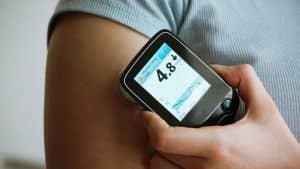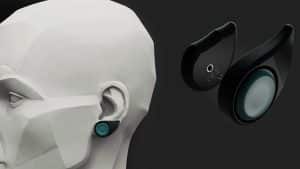Wouldn’t it be nice if we could just make a list of the things that make your blood sugar go up and the things that make your blood sugar go down? Unfortunately, it’s not quite that simple, especially when alcohol is involved. If you’re watching your blood sugar, especially if you have a condition like diabetes, you really need to be aware.
You probably know that the ways alcohol affects the body are myriad and sometimes unexpected. That includes how it impacts blood sugar. Alcohol causes a variety of symptoms in different body parts, some altering your blood sugar directly or indirectly. There are effects you need to be aware of if you’re just going out for a night of partying, and others if your alcohol consumption is more chronic.
Alcohol is famous for how it can damage the liver. When you drink, it’s the liver that’s responsible for filtering alcohol out of the blood. While it’s doing that, it can’t be producing glucose like it would normally. That means that when you’ve been drinking, your blood sugar levels are likely to drop. Even worse, because alcohol impairs judgment and memory, if you’re a little drunk, you may forget that your blood sugar levels are important and not notice if you start showing symptoms of hypoglycemia. There’s also high overlap between the symptoms of hypoglycemia and regular signs of being drunk, so it can be hard to distinguish.
You may think that sounds simple enough, but there are other things to consider. When you first drink, especially if it’s an alcohol with high levels of sugar (like sweeter wines or darker beers) or a sugary mixer (spirits don’t generally have much sugar, but orange juice, lemonade and cola do), your blood sugar levels may briefly spike. The hypoglycemic effect can be a delayed reaction, meaning you could be lured into a false sense of security.
Chronic alcohol abuse can cause even more problems in the liver. That includes causing insulin, the hormone most responsible for regulating blood sugar, to become less effective. There’s a high correlation between alcoholism and insulin resistance, prediabetes and diabetes.
It does depend somewhat on the type of alcohol you drink. Reactions to alcohol by individuals can also vary widely. It may be a good idea to measure your blood sugar levels before and after drinking to see how it affects you.




